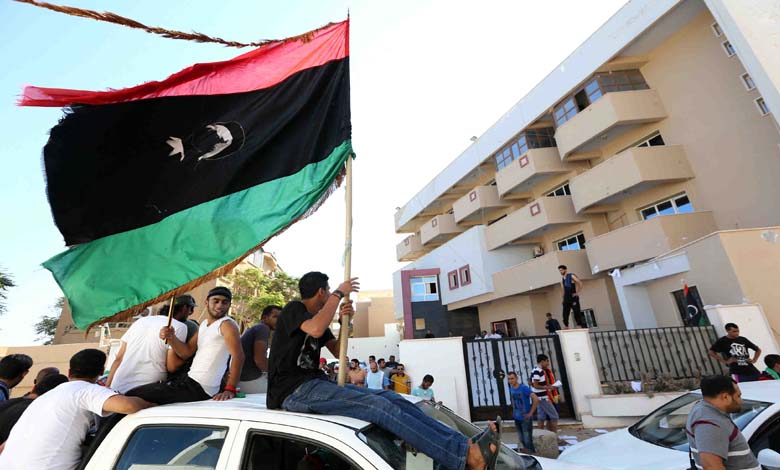The Muslim Brotherhood in Libya: From Internal Division to Electoral Defeat

The downfall of the Muslim Brotherhood in Libya’s recent municipal elections was less a surprise than a stark revelation of a reality that has been building for years. The movement, which had portrayed itself since 2011 as “the most organized force”, now finds itself unable to mobilize the public or even safeguard what remained of its political presence. Voters in Tripoli, Zliten, and other western strongholds turned away from them in favor of civil lists that campaigned on pragmatic, service-oriented platforms, far removed from ideological polarization.
-
A Scheme That Made Them Outcasts: The Waning Influence of the Muslim Brotherhood in Libyan Municipal Elections
-
Muslim Brotherhood in Libya Banking on Terror Mufti Sadik Al-Ghariani
The clearest example of this decline came in Zliten, where candidates of the Al-Risala list, aligned with the Brotherhood, were defeated by the independent Al-Basma list. This outcome was not just an incidental electoral setback, but proof that the movement has even lost the “social reservoir” it once relied upon, according to Asharq Al-Awsat.
Libyan activist Osama al-Shhoumi described the scene bluntly: “This time, the Libyan voter paid no attention to religious rhetoric or outdated slogans. Instead, they turned toward civil lists that spoke of services and reforms. The message is clear: the people want electricity restored, roads repaired, and security ensured. They do not want to be dragged into the past or into ideological conflicts.”
-
A financial corruption case… a scandalous revelation for the Muslim Brotherhood in Libya
-
International Interface or Political Islam Tool? UN Mission in Libya Accused of Backing the Muslim Brotherhood
Al-Shhoumi further stressed that the defeat is not merely electoral but a sign of declining popularity, noting that Libyan voters are delivering the Brotherhood an early warning that the future will not belong to them.
Political analyst Hussein al-Masallati went even further, arguing that this development is part of a long history of the Brotherhood’s failures at the ballot box since 2011.
He stated: “Religious movements, foremost among them the Brotherhood, never enjoyed an overwhelming popular base. What happened in the 2012 elections was an exception, imposed by the proportional lists and organizational tactics, not a reflection of genuine strength on the ground.”
-
Dbeibah Turns to the Muslim Brotherhood, Haftar Warns of Decisive Moment… Libya on a Knife’s Edge
-
The Brotherhood’s Mufti and Dbeibeh… An Alliance Driving Libya toward Catastrophic Scenarios
He added: “Today, the Libyan voter is more aware and less susceptible to the religious propaganda that once deceived them. I therefore expect this scene to be repeated in any future legislative or presidential elections. Libyans will only give their votes to those who provide security, development, and reconstruction—not to those who spread division and stagnation.”
This electoral collapse was compounded by an internal structural crisis within the movement itself. The Justice and Construction Party, its political arm, split four years ago when its leader, Mohamed Sowan, broke away to establish the Democratic Party. Meanwhile, the Brotherhood sought to bypass the ban imposed by Parliament in 2019 by rebranding itself as the Association for Revival and Renewal. Yet none of these maneuvers altered the reality: the Muslim Brotherhood in Libya has been pushed to the margins, with Libyan society increasingly regarding them as a relic of the past.
-
Libya’s Muslim Brotherhood Incites Armed Resistance Against Peaceful Solutions
-
Libya’s Muslim Brotherhood Faces Another Setback… Political Analyst Diagnoses the Movement’s Internal and External Crises
-
Will Libya’s Muslim Brotherhood Succeed in Infiltrating Municipal Councils? A Libyan Affairs Researcher Answers












